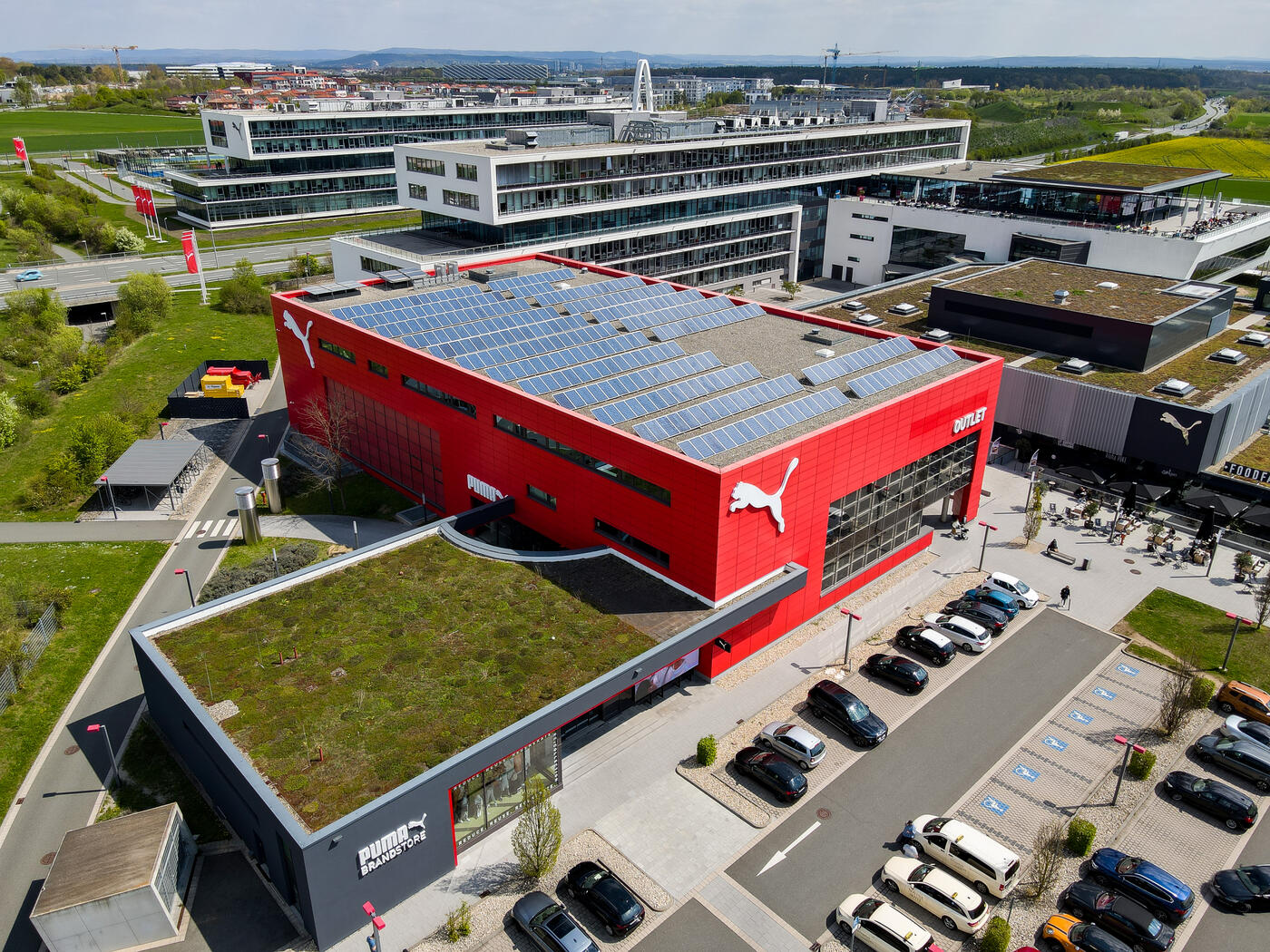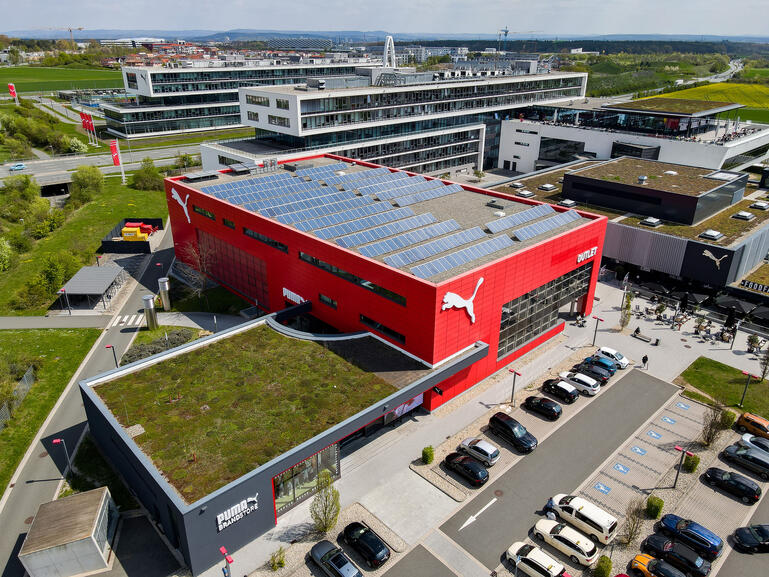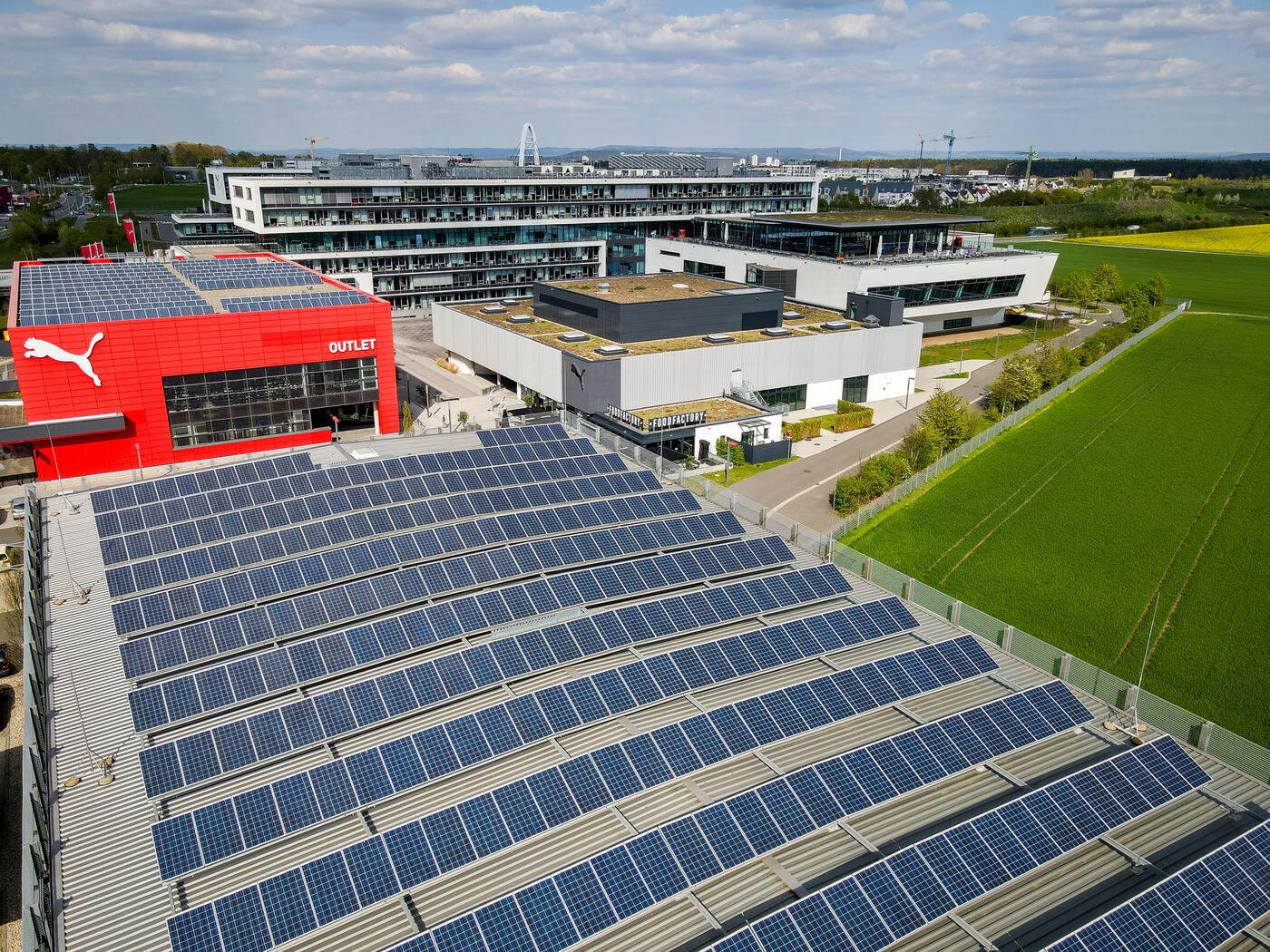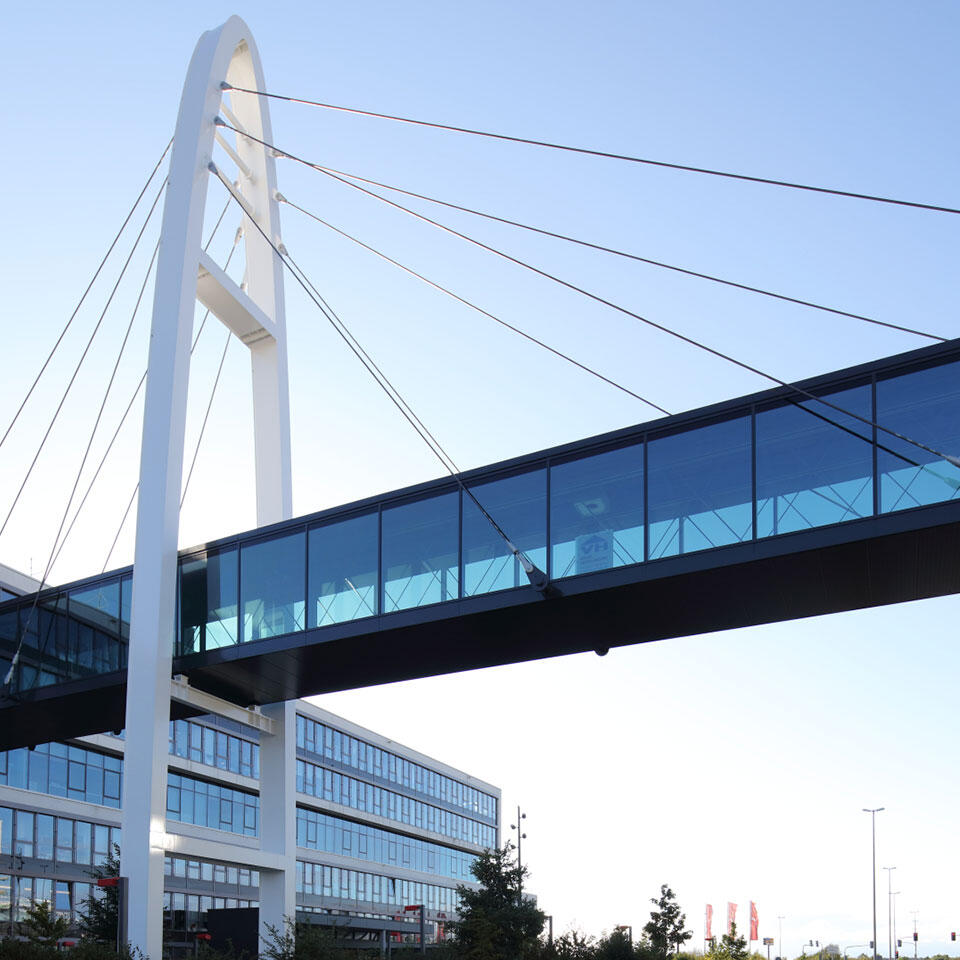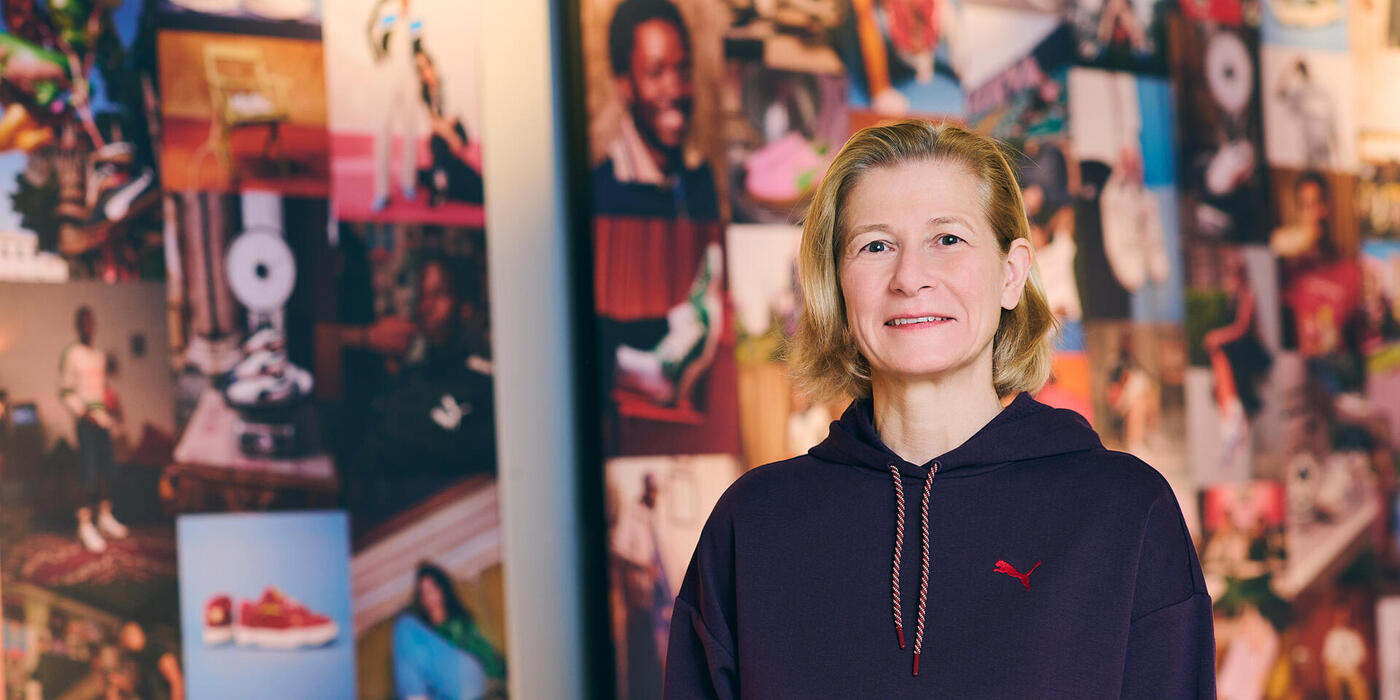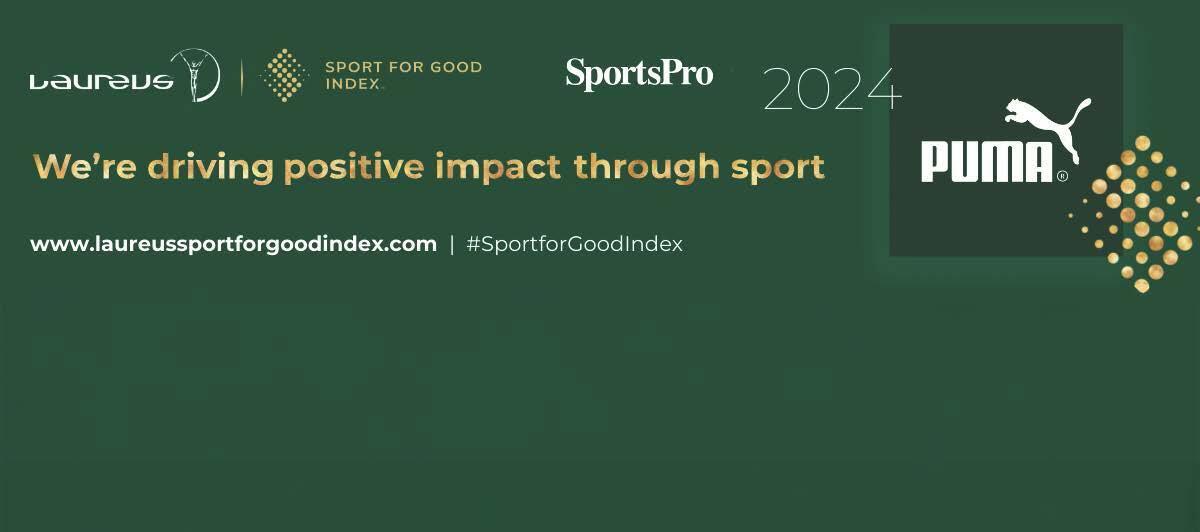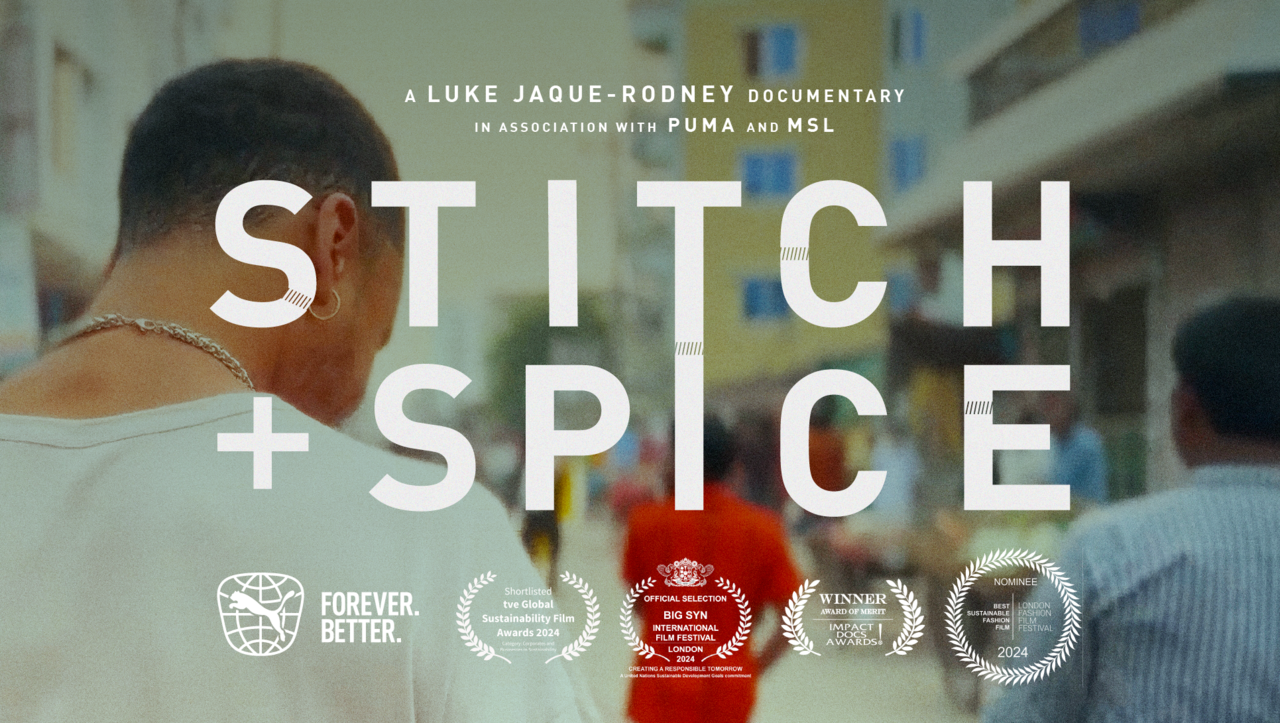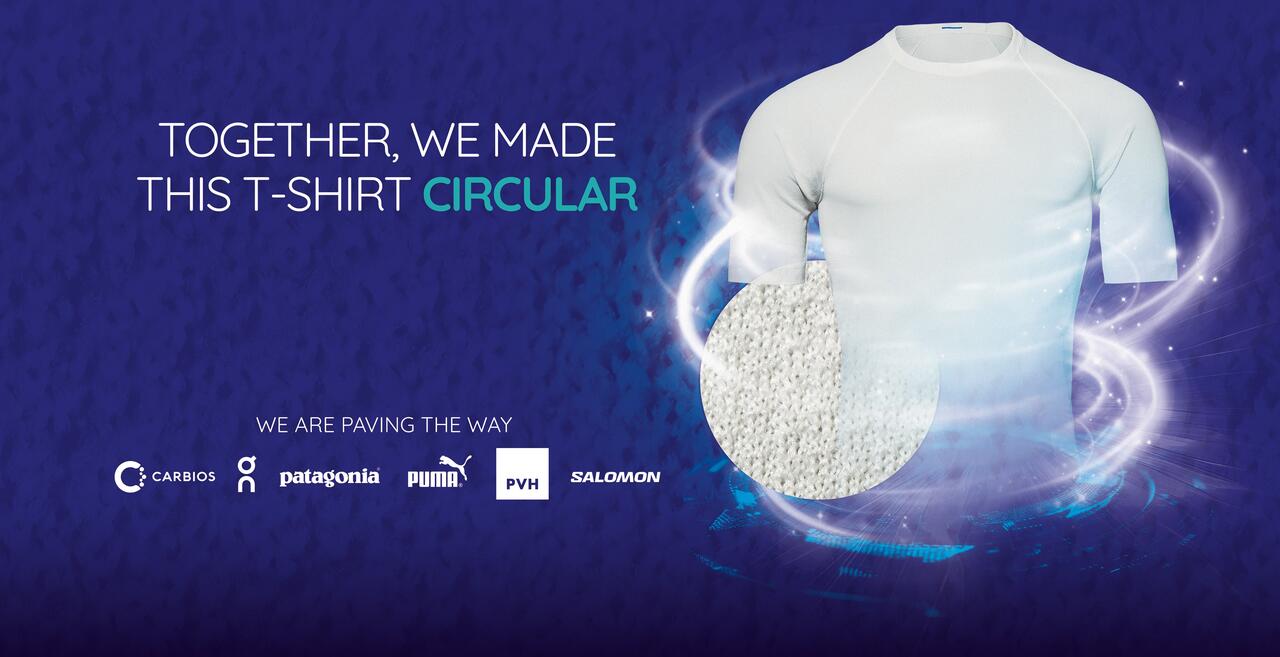Sports company PUMA has signed an agreement with Chinese company Shincell New Materials Co. Ltd. to research and develop the next generation of PUMA’s industry-leading performance running technology NITRO™.

As part of the agreement, PUMA and Shincell will set up a dedicated laboratory in Suzhou, China to test new materials. PUMA expects to launch the first products created as a result of this partnership in the upcoming seasons.
“With NITRO™ we have the best running technology in the industry and the agreement with Shincell allows us to maintain that edge and make the best even better in future product generations,” said Romain Girard, Vice President Innovation at PUMA.
Shincell is a leader in developing sustainable foaming technologies and manufacturing lightweight high-performance foam materials. The company has specialized in a purely physical foaming process. This process uses gases commonly found in the earth’s atmosphere to expand plastics by trapping a large number of micro and nano bubbles inside the material.
Dr. Xiulei Jiang, CEO of Shincell, comments: “This collaboration is a great example showing the value of the technology-focused innovation in the global high-performance sportswear segments. We are looking forward to more business success down the road.”
PUMA first introduced NITRO™ in early 2021 as part of a repositioning of its entire performance running segment and has continuously improved the technology since. NITRO™ is extremely lightweight and responsive, helping runners to use less energy and run comfortably.
PUMA proved the power of NITRO™ technology during the recent major marathons in Boston, London and New York, when it enlisted more than 250 athletes to test out the technology in its Fast-R NITRO™ Elite and Deviate NITRO™ Elite running shoes. Nearly one hundred of these runners set new personal bests, with 48 of them breaking their previous best times by three-minutes or more.
Apart from its performance running offering, NITRO™ is also used in parts of PUMA’s performance line up in Training, Football, Basketball, Golf and other areas.


